
Inspired by Episode #21 of The Magic of Littles Podcast featuring @JeannetteWashington
Getting ready for kindergarten isn’t just about learning how to read. It’s about building pre-reading and executive functioning skills, the kind that help littles follow directions, tell stories, and ask for help when they need it. In short, the real magic comes from simple language, playful moments, and curiosity.
Here’s how you can support language development every daywithout pressure or prep.
1. Keep it simple, and say what you mean.
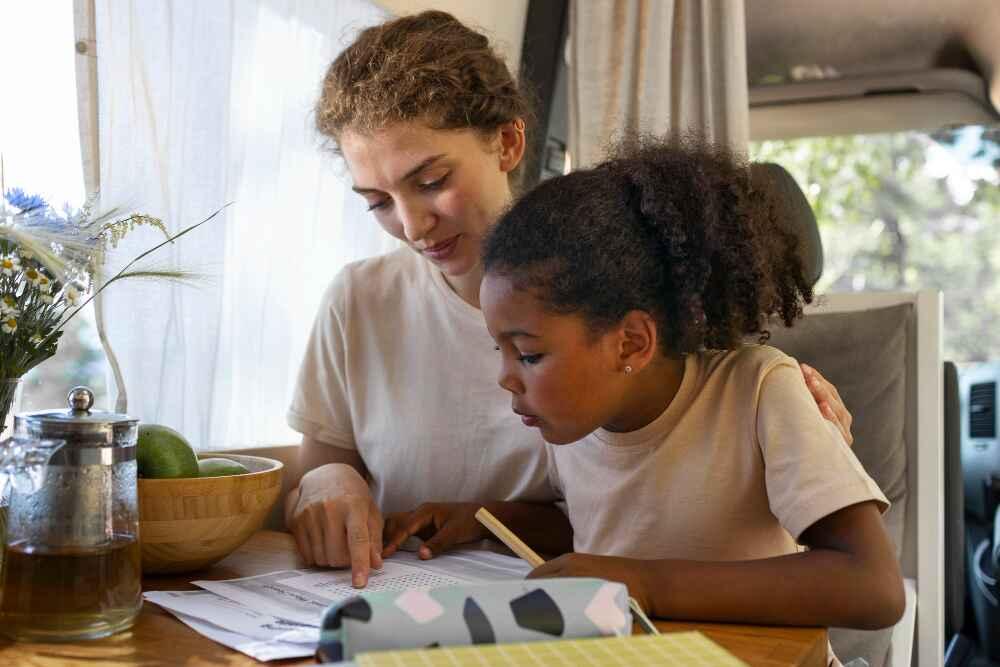
Talking with young kids in clear, short sentences helps them understand and copy what you say. It might not feel fancy, but it works.
Instead of, “Can you please put your shoes by the door before we go out,” try, “Shoes by the door.”
These bite-sized directions build the foundation for following classroom routines later on. You’re not just talking, you’re teaching.
2. Kindergarten readiness is more than reading, it’s about pre-reading.
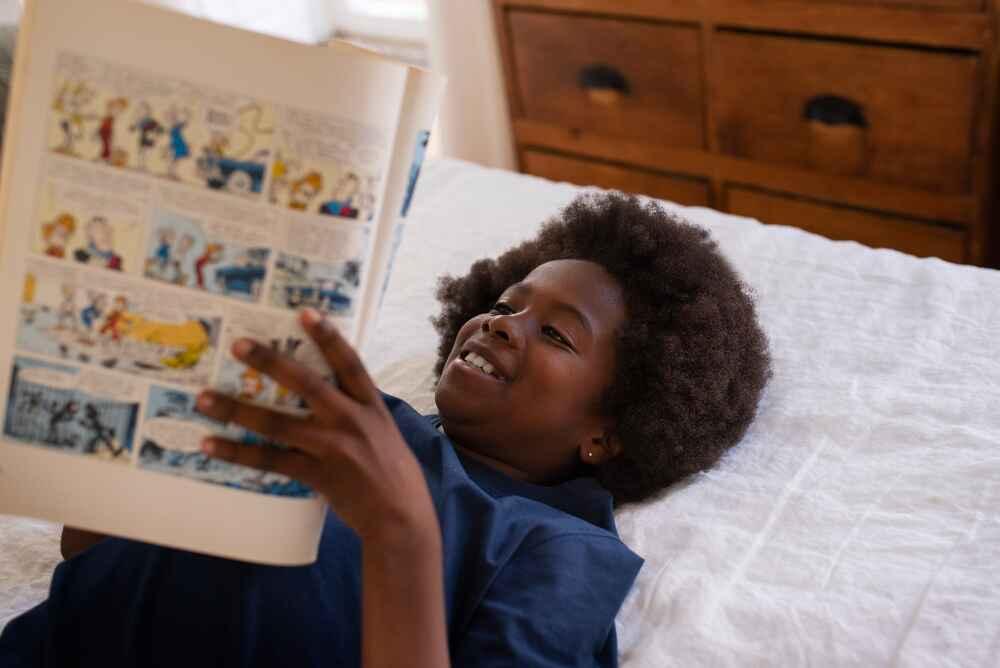
Reading a book is great, but what happens before reading matters even more. Think of it like warming up before a big race. Playing with rhymes, repeating silly sounds, listening to and telling stories, all of that builds the brain for reading later.
Let your child “read” the pictures, retell the story in their own words, or act out what’s happening. This is literacy.
3. Make it play-based and watch the learning grow.
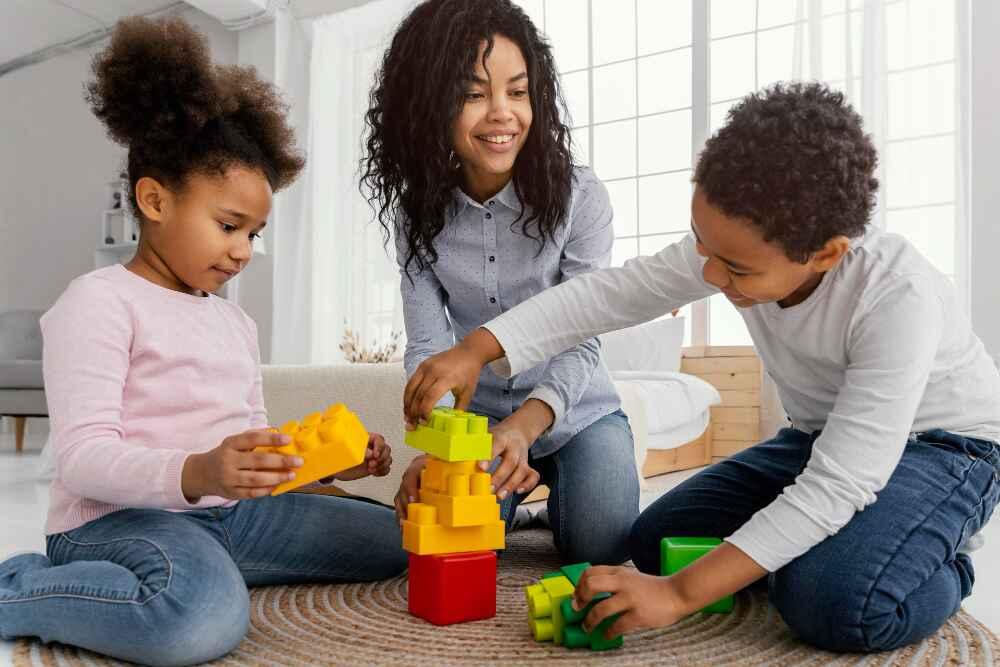
Pretend play, singing, storytelling, and hands-on fun aren’t “just” play, they’re rich language opportunities. In fact, play-based literacy has been shown to support everything from vocabulary growth to sequencing skills.
Check out this wonderful blog from Creative Kindergarten that shows how playful activities and language learning go hand in hand.
Need inspiration? Try puppet storytelling, sensory storytelling bins, or sound-matching games using everyday objects.
4. Stay curious, observe, and don’t panic.
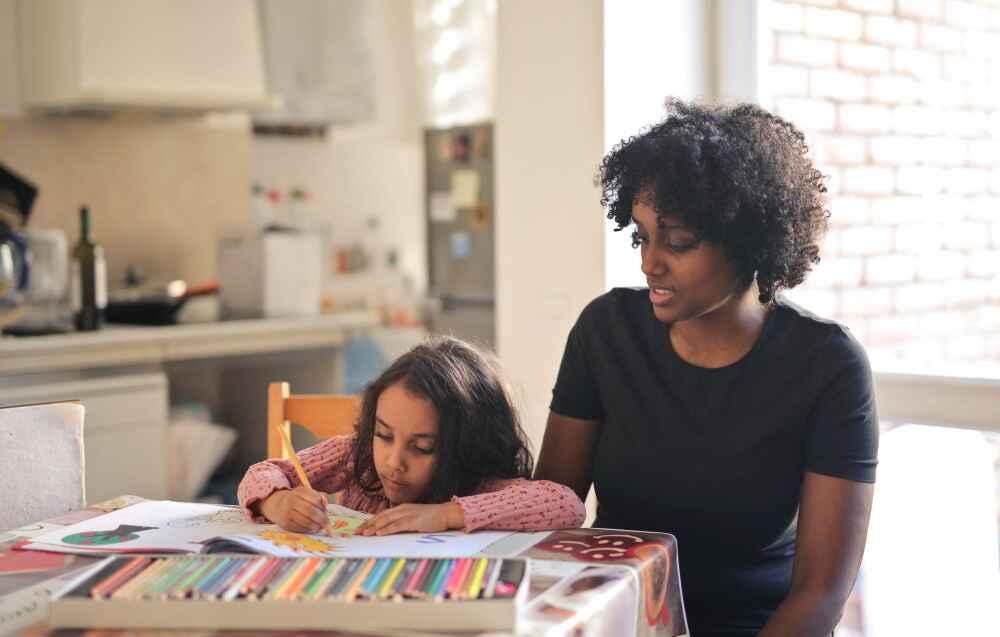
If your child is having a tough time understanding instructions, remembering multi-step tasks, or clearly expressing themselves, take a breath and stay curious. You don’t have to panic, and you don’t have to do it alone.
This is where early support comes in. We’ll talk more about what that means in an upcoming blog post, but for now, take a listen to Episode #21 of The Magic of Littles Podcast, where we chat with Speech Therapist @JeannetteWashington about all things speech development.
It’s full of real talk, helpful signs to look for, and ways you can support your child early on.
Let’s keep the learning light, playful, and full of connection.
Kindergarten readiness doesn’t need to be a checklist. It starts in small, meaningful, everyday moments.

📩 Want more playful tips and early childhood support in your inbox?
Subscribe to our newsletter and stay in the loop.
We believe in smart parenting that’s also gentle and joyful.
You’re doing amazing.
Find more playful tips at: www.themagicoflittles.com
Follow us for weekly wins and little aha moments.
Because early support matters, and YOU are the magic.
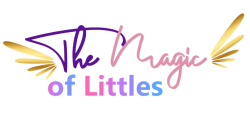
Comments